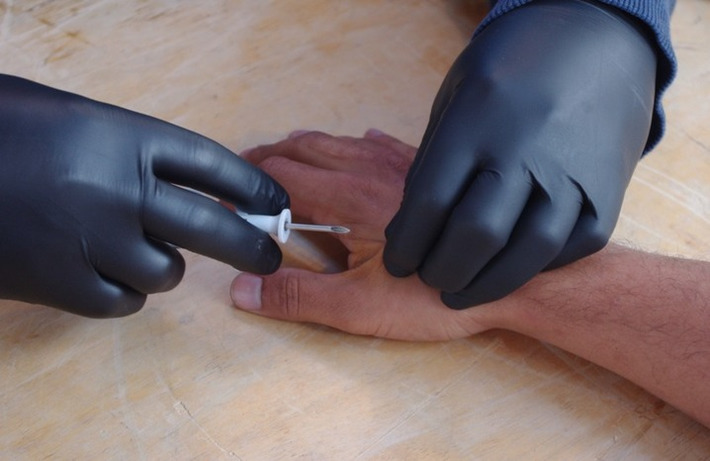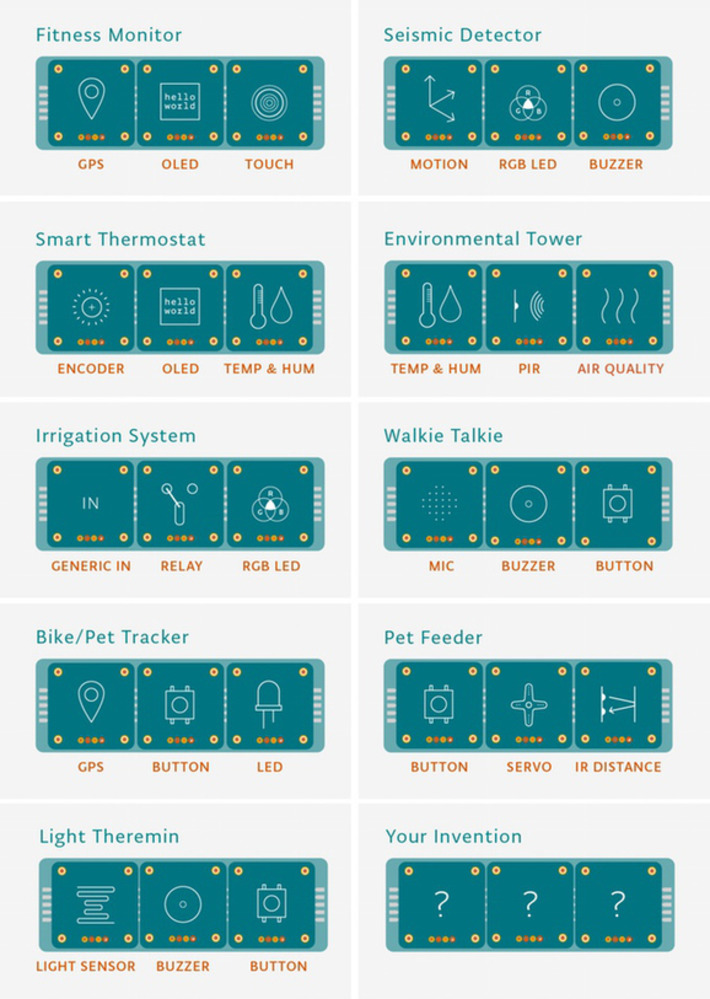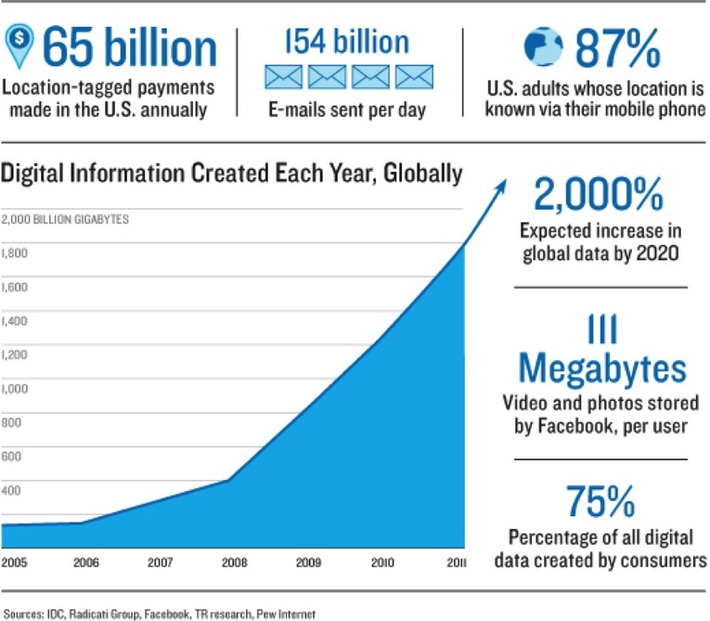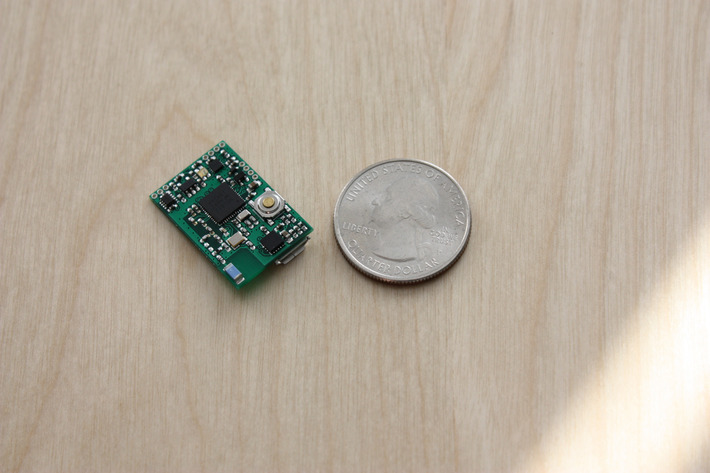The practical appeal of an RFID implant, in theory, is quick authentication that’s faster, cheaper and more reliable than other biometrics like thumbprints or facial scans. When the chip is hit with a radio frequency signal, it emits a unique identifier number that functions like a long, unguessable password. Implantees like Andrew imagine the ability to unclutter their pockets of keys and keycards and instead access their cars, computers, and homes with with a mere wave of the hand.
Research and publish the best content.
Get Started for FREE
Sign up with Facebook Sign up with X
I don't have a Facebook or a X account
Already have an account: Login
Get weekly or monthly digest of all posts in your inbox: https://fmcs.digital/wim-subscribe
Curated by
Farid Mheir
 Your new post is loading... Your new post is loading...

Farid Mheir's curator insight,
November 11, 2015 7:50 PM
I knew they did this for dogs but never thought they did it for humans. But come to think of it, makes perfect sense. Or it will become the biggest invasion of privacy ever. Great insight from André! 
Luigi Cappel's comment,
November 21, 2015 2:25 PM
For me it would depend on what part of the world I live in. In New Zealand I would have no problem wearing a chip that I could use for ID for building access, customs, instead of passwords or finger scanners. Being a law abiding citizen in a relatively corruption free country, I'd be more than happy, providing as per the law, I knew how any information about me was being used and could revoke access where it was abused. If I was living in other countries, which may remain nameless, I would steer well clear, because being innocent and law abiding doesn't mean that you are safe.

Farid Mheir's comment,
November 21, 2015 5:33 PM
@Russell R. Roberts, Jr. @Luigi Cappel both of you thank you for insightful comments and reshare... as always!
|

Curated by Farid Mheir
Get every post weekly in your inbox by registering here: http://fmcs.digital/newsletter-signup/
|

















Recent announcements of fully automated, no cash register no lineups Amazon stores, have made the use of RFID chips and other digital identification techniques the topic of discussion again.
WHY THIS IS IMPORTANT
Digital transformation requires bridging the physical world with the digital one. One of the simplest way to do so is to attached radio frequency beacons (RFID chips) to products so that you can detect their presence and make inventory management and checkout faster, easier and more accurate. Pushing this idea forward of course means that humans too should be tagged to help identify them in the digital world. Not only does this open a see of useful application - unlocking doors without a key, tracking location inside a building, removing the need for password - it also raises concerns about privacy and identity management. Fun times ahead!
Amazon GO: http://fmcs.digital/blog/amazon-go-no-registers-no-cash-no-lines-retail-store-digital-transformation-huge-leap-forward/
Retail location tagging: http://sco.lt/6yVDqz
Décathlon connected products and self checkout: http://www.force-ouvriere.fr/chez-decathlon-85-des-produits-sont-connectes?lang=fr